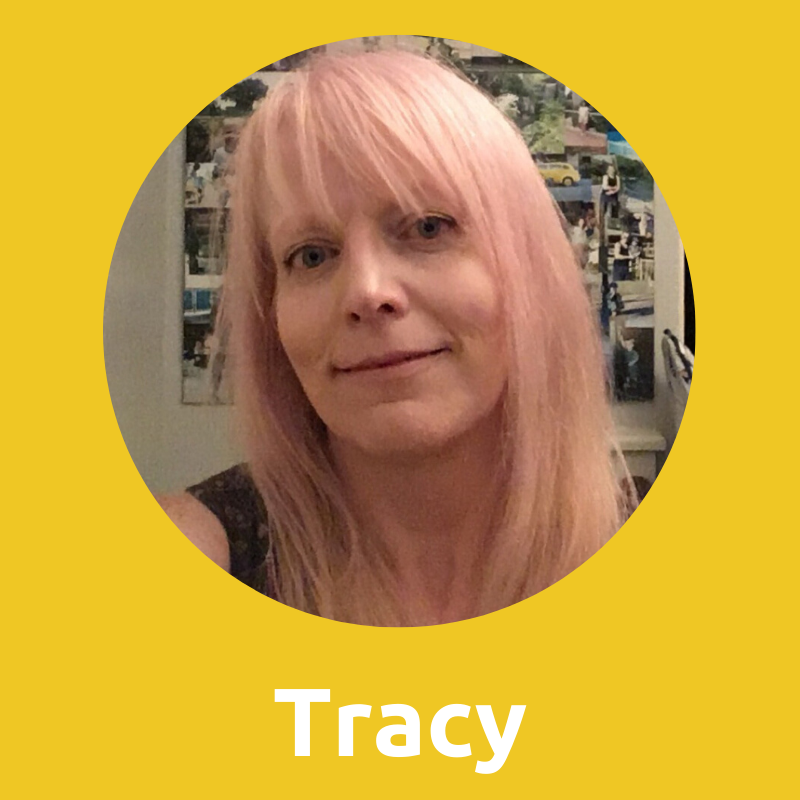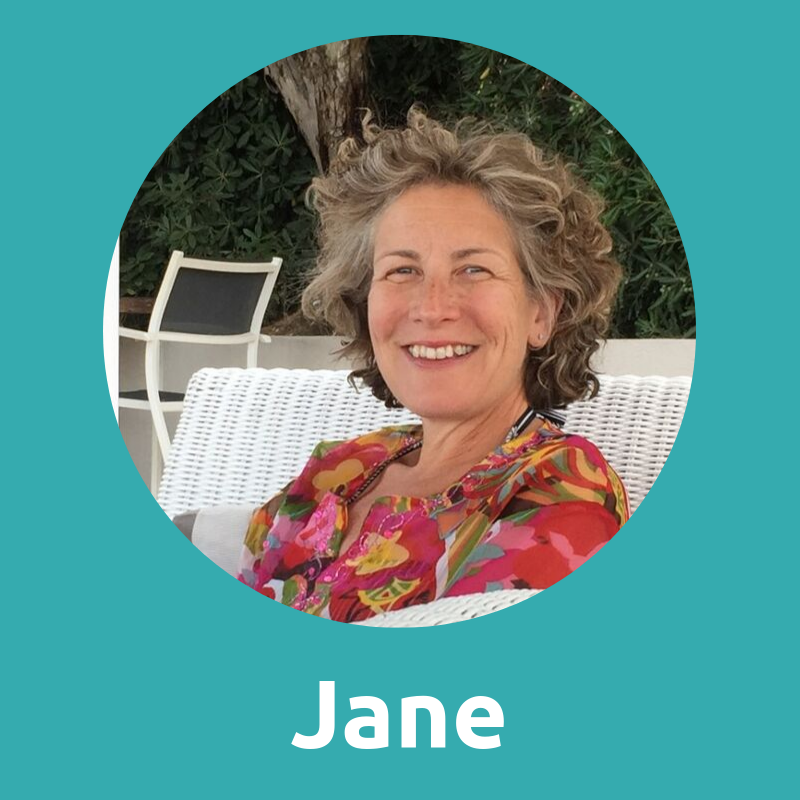timer 4 mins
Do
favorite 247
Nausea: what medication and food types help
Tracy, a nurse in training, Jane, our resident GP, and other members of our forum explore how medications and food types might help your nausea after cancer...
The Medications
 Tracy says: Make sure you’re being prescribed the best anti-nausea meds available. The first drugs I tried didn’t control nausea for me so I asked the oncologist what else he could do.
Tracy says: Make sure you’re being prescribed the best anti-nausea meds available. The first drugs I tried didn’t control nausea for me so I asked the oncologist what else he could do.
He prescribed different anti-nausea meds that are top of the range. Apparently, the rationale is that some people can cope with nausea on basic meds so everyone starts there and if it doesn’t address the symptoms, they can step up to more effective medication.
 Dr Jane says: So an antiemetic is the term we use for anti-sickness drugs - emesis meaning vomiting.
Dr Jane says: So an antiemetic is the term we use for anti-sickness drugs - emesis meaning vomiting.
As a GP, we do occasionally get asked to prescribe these drugs, but I think more and more the oncologists and specialist nurses deal with this issue and have expertise. It is always worth talking to your specialist nurse as the first port of call.
The first rung of the ladder in antiemetics are things like metoclopramide and prochlorperazine.
Metoclopramide (trade name Maxolon) works on receptors in the brain and speeds up the transit time in the gut - emptying the stomach quicker.
Prochlorperazine (trade name Stemetil) acts on the same brain receptors as metoclopramide.
Next up is Ondansetron or Granisetron, which blocks serotonin uptake in the brain (it’s quite specific to receptors in the medulla of the brain). Blocking this uptake is helpful as serotonin, released by cells in the gut, can initiate the vomiting reflex.
 There are also different drugs that deal with immediate nausea and the slightly more delayed nausea that you might experience. When people get repeatedly nauseous when faced with certain drugs/foods/ events, they can also face an anticipatory effect, in the days or hours leading up to it. This is thought to be a conditioned response – for more on conditioning, here’s a great video on Pavlov.
There are also different drugs that deal with immediate nausea and the slightly more delayed nausea that you might experience. When people get repeatedly nauseous when faced with certain drugs/foods/ events, they can also face an anticipatory effect, in the days or hours leading up to it. This is thought to be a conditioned response – for more on conditioning, here’s a great video on Pavlov.
Aprepitant is a newer drug (Emend) it blocks even more specific receptors for vomiting in the brain. It works on both immediate and delayed nausea.
Steroids are also given for nausea too.
There is also a specialist anti-emetic only prescribed by oncologists if all else has been unsuccessful. Nabilone is a synthetic cannabinoid and it seems to mimic the THC found in cannabis, I don’t think it’s that commonly used...!
Lynn says: To recover from radiotherapy, I took Ondanestron tablets to quell the sickly feeling and they worked for me. I would recommend them to anyone who can take them.
On Foods
Tracy says: I found trying ginger in the form of ginger flavoured sweets or non-alcoholic ginger beer helps settle feelings of nausea so you can get on with life.
Dr Jane says: As far as foods go, those lower in fat and salt and more bland are thought to be helpful. An obvious start is plain crackers. Perhaps write a list of the blandest food types you like and work through them?
I have heard anecdotally about pineapple being good for sickness and ginger is certainly one of the remedies people try. Sadly, for me it has since meant ginger itself makes me feel sick!
It’s quite similar to nausea in pregnancy some things work for some people. Resting quietly after eating for a while may also help.
Have you found any food particularly helpful for nausea?
About Tracy:
I had HER2+++ breast cancer and received surgery, 4 kinds of chemo, and immunotherapy.
I’m a wife, Mum, and live in a rural area of the UK. My family has a very poor history of BC so I’d been screened since age 22. Unfortunately screening didn’t pick up on my cancer, I found it. I was diagnosed at 41 during the height of my career and just as my son was starting university. It was pretty tough for us all. Seven years on from the end of treatment, I’m very grateful to be here and now retraining as a nurse. I want to make a difference in the same way my medical team made a difference for me.
About Jane:
I am a 51 year old GP with 3 young daughters. Like most of us I thought I knew where my life was going until it was thrown off course by a group of cells that decided to misbehave!
Since my breast cancer diagnosis I have refocused and now say yes to every opportunity that comes my way.
...Jane is our clinical advisor, a GP, and cancer survivor. Read more about her experiences here.

This is really positive for me to read. After have my breast removed under lockdown. I have another surgery within the next 2 weeks to remove my lymph nodes.. Then 6 weeks after surgery, my chemotherapy will start. This is the bit of my treatment that I will find the hardest. Let's hope this virus is going away . X